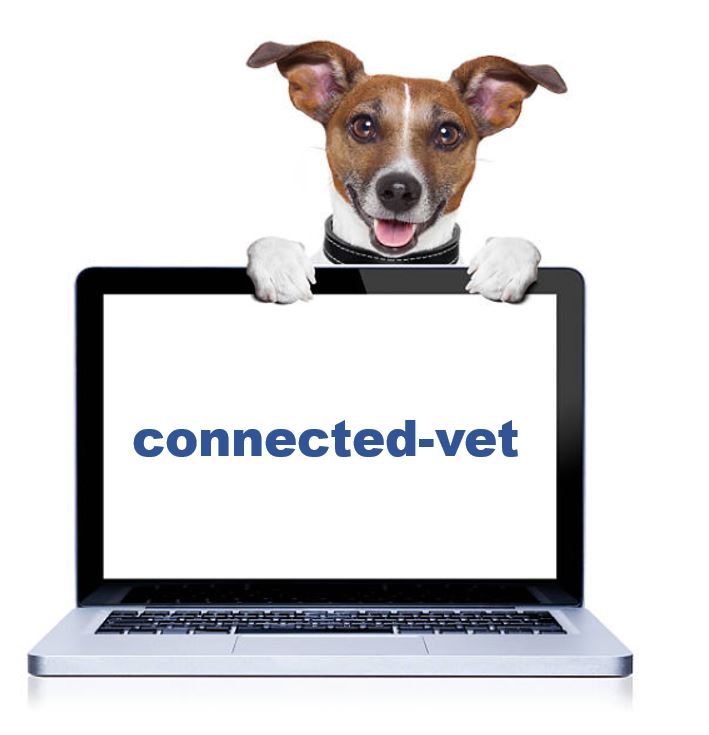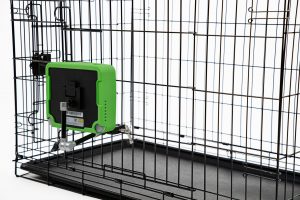The state of pet healthcare in India has evolved over time, and people have realised how much compassion and care towards our pets is healing not only for the pets but also helps create a positive difference in their own lives too.
The pet care sector has thrown up multiple surprises in the past decade. From being a neglected system to transforming into an emotive and empathetic sector, the Indian pet care industry is turning into a fast-growing segment with an estimated market size of $430 million by 2020.
This trend paints a promising future for early players providing holistic services in this department. Ideally, pet needs have now been classified into three parts: daily needs of the pets, health and wellness, and recreation.
Opportunities for pet healthcare in India are strongly visible with the rise in disposable incomes. Millennials have whole-heartedly embraced pet adoption, with social media playing an influential role here. The need for strong emotional bonding with a pet has paved the way for many pet parents preferring to adopt a pet and welcoming them home.
Besides, a greater awareness of the value and utility of service and security dogs has increased the overall demand for specifically trained dogs.
Entrepreneurs are now offering organic pet food and bakes, pet cafes, and fancy pet stays, and numerous pet events have sprouted everywhere. International players too have entered the market giving competition to the local ones.
In the health education sector, many universities are now offering a greater variety of veterinary courses and thus churning out specialised veterinarians.
Youngsters are focused on working with organisations or volunteering with pet NGOs that have a clear purpose towards improving pet health. Up-and-coming vets show a lot of promise and are gaining confidence to open their own practice. The number of well-equipped veterinary clinics has gone up drastically as pet parents have become increasingly aware of pet health and wellness.
Once the education system starts churning out dedicated and skilled vets, in time, this will help in increasing the ratio of vets to pets. Over a period of time, skills, training and experience will be an added advantage. The curriculum in veterinary education is being evaluated and tweaked to prepare veterinarians for the real world.
Regulatory restrictions in major metros that prevent veterinary hospitals from opening in commercial places are being lifted.
With new advances in veterinary care, niche vaccines are being tested and produced. The animal vaccines market is expected to grow at a steady pace due to an increase in the number of people with pets in developed countries and a steady rise in cattle and poultry in developing countries.
A surge in the investment for R&D of vaccines that inhibit the growth of antibiotic-resistant organisms is boosting the animal vaccines market growth.
In the current scenario, pet parents are able to follow a proper protocol and keeping themselves abreast with the latest technology in pet medical treatments.
Role of technology in pet healthcare
The pet sector has opened up technical advances in pet healthcare through mobile-friendly pet apps such as PetPals, Pawprint, Doggietheapp, Mpet, and Vetco that make it easy for pet parents to avail of multiple services, and keep tabs on their pet’s health and vaccination appointments.
Pet parents are now leaning towards microchipping their pets to make it easier to track and ensure their pets are safe. A few pet lovers also use GPS collars to keep a track of their pet’s whereabouts. Fetch by WebMD is one of the companies that provides microchipping, whereas Wagr, RelyEon and Whistle are companies that have good GPD dog trackers and collars.
Corporate entities are taking a second look at the pet care sector as passionate pet lovers are turning into “petpreneurs” and acquiring funding from pet enthusiasts all over the world. Headsupfortails and Doggiedabbas are a few examples of such devoted pet guardians.
Lire la suite: yourstory.com






